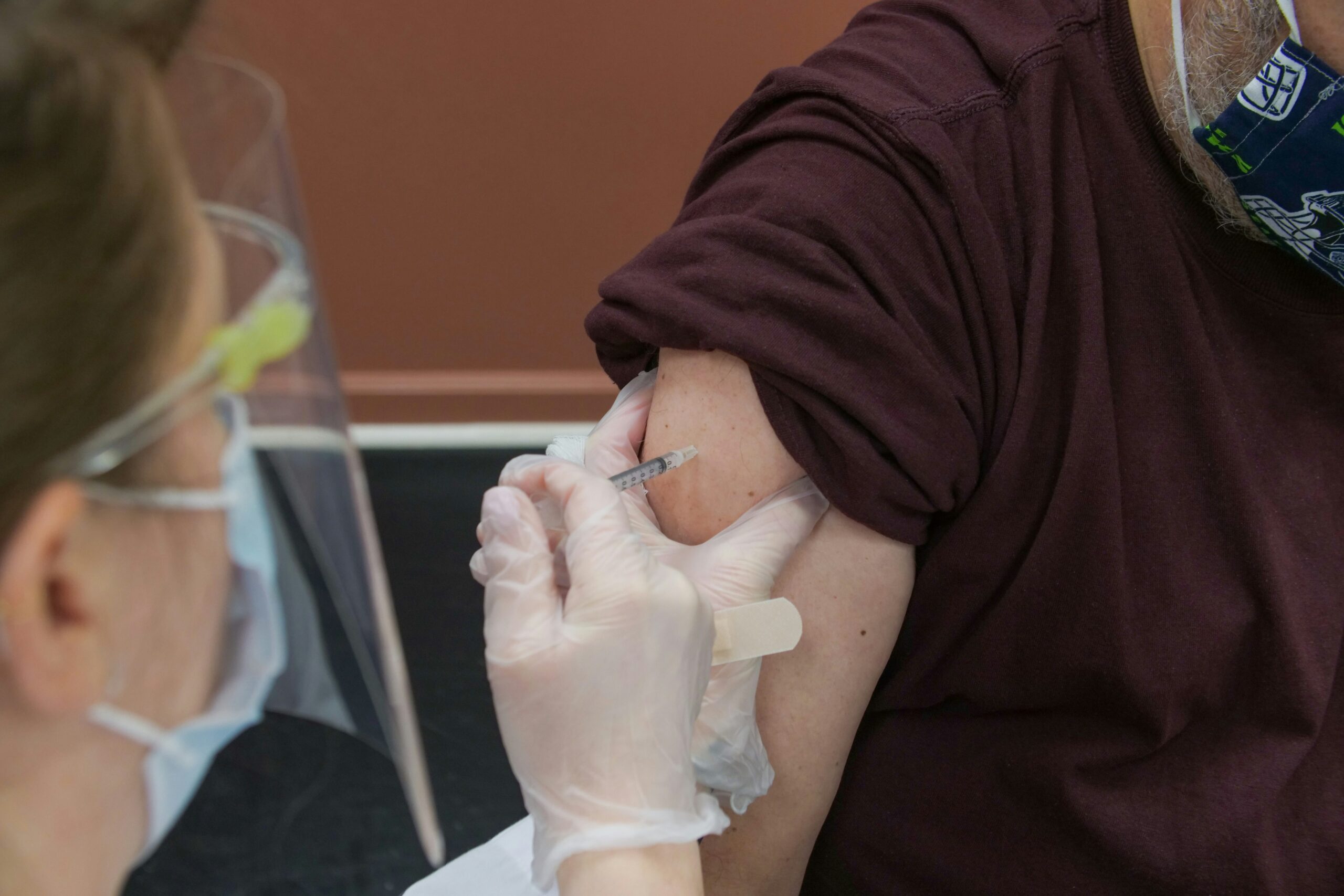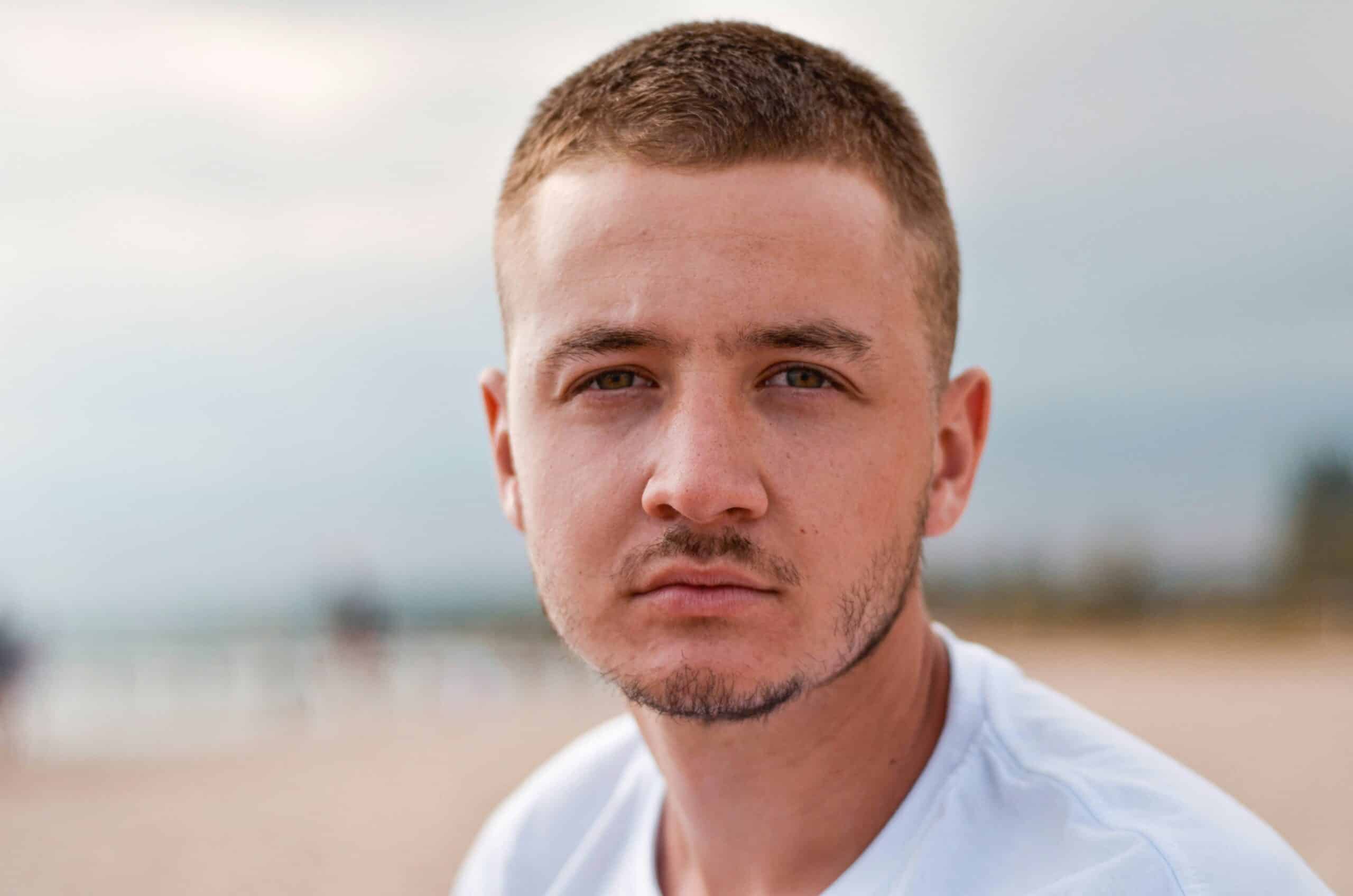Parents: you didn’t cause your child’s addiction
The current addiction crisis in America has most families on alert. Many parents ask themselves how they can prevent their children from experimenting with dangerous drugs. Awareness and good communication are crucial. The National Institute on Drug Abuse offers a family check-up with five questions to facilitate positive parenting. Adolescence is a critical period of growth and change for young people, and parents should be aware of the addiction risk. Teenagers and young adults are especially prone to addiction because their brains are still developing. “The highest risk period is adolescence, when the brain is physiologically prepared for deep learning and when, psychologically, the skills necessary to cope with adult emotions and experience are still nascent,” writes Maia Szalavitz in Unbroken Brain. But parents shouldn’t be too hard on themselves; even their best efforts will not always prevent substance misuse. Whether a kid had a traumatic childhood or a perfectly ideal one, it is possible for both cases to end with or without addiction.
Family dynamics to consider
If addiction develops, the whole family will be affected. “The impacts are often felt long before a diagnosis is made,” write the authors of The Recovery Book. “Gradually, the family begins to change as the drinking or drug use takes over.” Parents are often shocked when they find out their child is abusing drugs or alcohol. Spouses could question the validity of their relationship. Anger about the misbehavior of their loved one might follow. “Family members have all kinds of reactions to what is going on, including super responsibility and powerlessness; self-blame or blaming the alcoholic; anger and forgiveness; hurt and fear.” (The Recovery Book p. 539) Reacting with threats and punishment is usually just as misguided as the so-called war on drugs. Incarcerating addicted drug offenders without treatment does not address the disease of addiction or its underlying causes. Appealing to a sense of responsibility or lecturing addicted persons about future dire consequences also fails frequently as the addicted brain tends to downplay negative outcomes. “It’s certainly true that addicted people do consistently overvalue current pleasures,” writes Szalavitz, “and that they do so while continually underrating those that could be better in the future if gratification were delayed.” This is why the compulsive substance use continues despite the ever-worsening negative consequences.
Helping your loved one recover from addiction
Since the disease of addiction is often caused by an emotional crisis, parents and spouses have to help addicted loved ones by being compassionate supporters, ideally within the framework of professional addiction treatment. They need to avoid confusing compassion with codependency. Inadvertently supporting the addiction with enabling behaviors can be very dangerous. Ignoring the substance misuse, escaping mood swings, or making excuses for the inexcusable behavior of the person struggling with addiction is not helping anybody in the long run. “Codependent actions—although seemingly charitable—are often closer to selfish than selfless,” write Christopher Lawford and Beverly Engel in When Your Partner Has an Addiction. Addictions often unfold over many years and can easily tear families apart. Without professional help, substance abuse can create dysfunctional relationships that perpetuate the addiction instead of supporting abstinence. “While your intentions may be to help your partner, the result is the opposite: Showing him that you will always be there to fix what goes wrong sends the message that you accept the inappropriate behavior,” write Lawford and Engel. Better “to support your partner in his own journey while refraining from creating an unhealthy dependence.” Many parents and life partners are initially unaware of these pitfalls. At Lakeview Health, they can participate in a three-day family workshop together with family members of other patients. “Sometimes, they hadn’t realized that they can contribute to the solution,” explains Lakeview family therapist Ken Wynn, “or that they should cease to do things that contribute to the problem.” Workshop participants will leave equipped with recovery resources, information, and knowledge that will support the continued recovery of the patient.




